Water filters for dishwasher
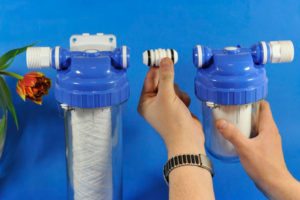 Today, few people would think of drinking water from the tap without subjecting it to additional processing. Even if it is not possible to purify the water using any special methods, people simply defend it, but more often use a variety of filters. But not everyone realizes that sensitive dishwashing equipment also needs water of suitable quality, and this raises the question of purchasing a filter for a dishwasher. We will tell you in the article what it is and why such a filter is needed, and we will also review these filters.
Today, few people would think of drinking water from the tap without subjecting it to additional processing. Even if it is not possible to purify the water using any special methods, people simply defend it, but more often use a variety of filters. But not everyone realizes that sensitive dishwashing equipment also needs water of suitable quality, and this raises the question of purchasing a filter for a dishwasher. We will tell you in the article what it is and why such a filter is needed, and we will also review these filters.
Why is this necessary?
A standard modern dishwasher itself is capable of partially protecting its parts from low-quality tap water. It has at least a coarse filter that is located on the inlet valve, as well as an ion exchanger that binds minerals and impurities contained in hard water and prevents the formation of limescale. But how effective are these standard protections? In many localities in our country, tap water is so bad that in about 15% of cases, it is the reason why the dishwasher breaks down.
Often the machine is “killed” by the so-called “rusty water”. Standard dishwasher protection means are powerless against it.
A primitive flow filter is not able to protect against water with a high content of heavy metals. Well, if the excess of minerals in the water exceeds the norm by tens or even hundreds of times, then not a single ion exchanger will cope. There is only one thing left: you need to install another reliable barrier that can purify the water to an acceptable state before it gets into the dishwasher.You need a special water filter.
In this regard, the question arises: how to choose this filter correctly? Indeed, installing a universal filter that purifies water from everything is labor-intensive and expensive, and it is not necessary. The main thing is to know what is wrong with your tap water, what impurities are contained, and only then, based on this, you can purchase a suitable filter. How to determine the quality of your tap water?
- Do a laboratory analysis. This is quite expensive, but the most reliable way. It is enough to conduct the research once, and you will be able to choose the appropriate filter not only for the dishwasher, but also for the drinking water tap.
- Purchase special equipment and test strips. Today, quite a lot of different instruments and devices have appeared on sale that make it possible to determine the hardness of water, its pH level, etc., right down to measuring the content of radionuclides. The readings from these devices are not always completely reliable, but they will give you the idea of buying one filter or another.
- Obtain information from your own observations. By observing at what speed limescale deposits form on the kettle, and how often water with a foreign color and odor comes out of the tap, certain conclusions can also be drawn. Observation is generally useful, as it saves time, money and helps maintain health. You cannot get comprehensive information from observations, but it may be enough to select the right filter.
Once you have enough information about the quality of your tap water, you can go to the store to buy a filter. But first, check out our review. We have already selected several of the best filters for various purposes to make your choice easier.Perhaps our point of view will seem reasonable to you.
If you need to soften the water
If tap water contains a huge excess of minerals, but all other indicators are normal, an additional softener filter is needed. Today's market offers hundreds of such filters, but we have selected only three samples.
- Aquaphor Styron. This is a simple and inexpensive flow filter with filling inside. Inside the case there is a polyphosphate salt, which needs to be added periodically. One load is enough for 400 dishwashing cycles, or maybe more, depending on how much water your dishwasher uses. The filter is placed at the base of the inlet hose. It significantly softens the water, bringing its quality to an acceptable level. The cost of a filter with one load of polyphosphate salt is $5.
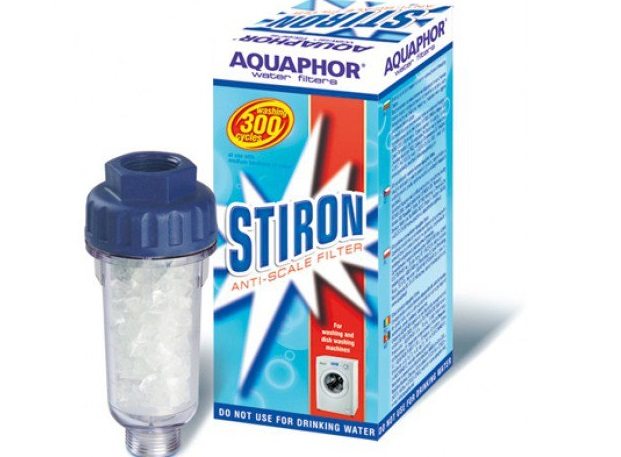
- New Water B120. This is a flow-through filter for water softening with slightly higher performance than Aquaphor Styron. It solves the same problems, softens water and additionally works as a coarse filter. It traps large mineral particles and debris that may end up in your water supply. Installation and replacement are carried out without special tools. Price – 16 dollars.
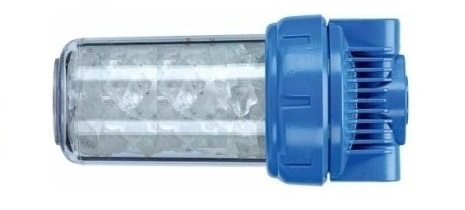
- Our water. This is a pre-filter with special filling. The resource of one cartridge is enough for 20,000 liters of water. Effectively softens water with a mineral content that exceeds the norm by 100-150 times. Connects to ¾" thread. The average cost is $6.
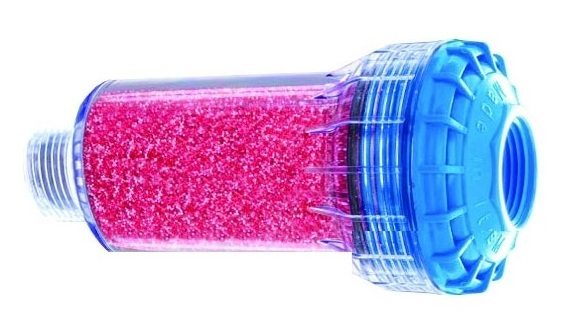
Deeper water purification
If, in addition to a high percentage of minerals, tap water contains sand, rust and other contaminants, you need to think about an additional filter along with one of the above.In such a situation, when choosing, you need to take into account the nature of the pollution, but in most cases the filters that we have selected for review are suitable.
- Aquaphor Gross 20. Fine prefilter. Works great in combination with the Aquaphor Styron filter. Removes various impurities from tap water. Placed in front of the Aquaphor Styrone filter. The average cost is $43.
- Barrier VM 1/2. An excellent flow-through fine filter of domestic production. Thanks to the porosity of the filter element of 1 micron, it removes all sorts of impurities from the water, including sand and rust, thoroughly preparing the process water before delivering it to the dishwasher. Price: $14.
- Honeywell FF 06 ½ AA. Latest generation flow filter module. Used in combination with any pre-filter for water softening. Captures both large debris and the smallest particles of impurities of any origin. Used for water treatment in hydromassage baths, showers, dishwashers and washing machines, etc. The average cost is $42.
When installing filter elements, monitor the water pressure indicators. It is impossible for all filters and pre-filters to reduce water pressure to a critical level. In this case, the dishwasher simply will not be able to pump water and will not work.
So, does your dishwasher need one filter or another? The decision is yours to make. If you are ready to change your machines every 2-3 years, then you shouldn’t bother with filters. But if you want your “home assistant” to serve faithfully for many years, take care of the water it consumes. At the same time, think about the electrical network to which the equipment is connected; you may need to purchase dishwasher stabilizer. Good luck!
Interesting:
Reader comments
- Share your opinion - leave a comment

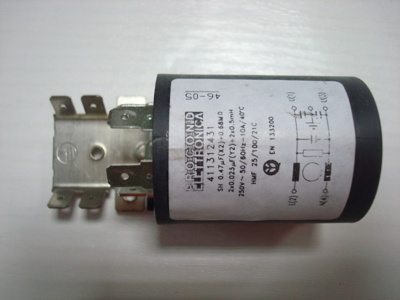
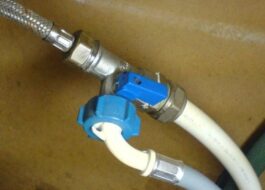
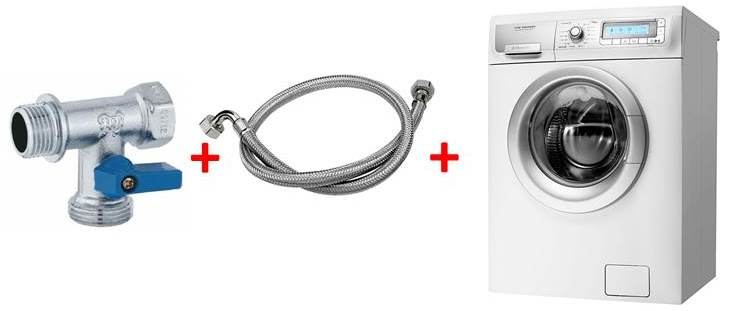
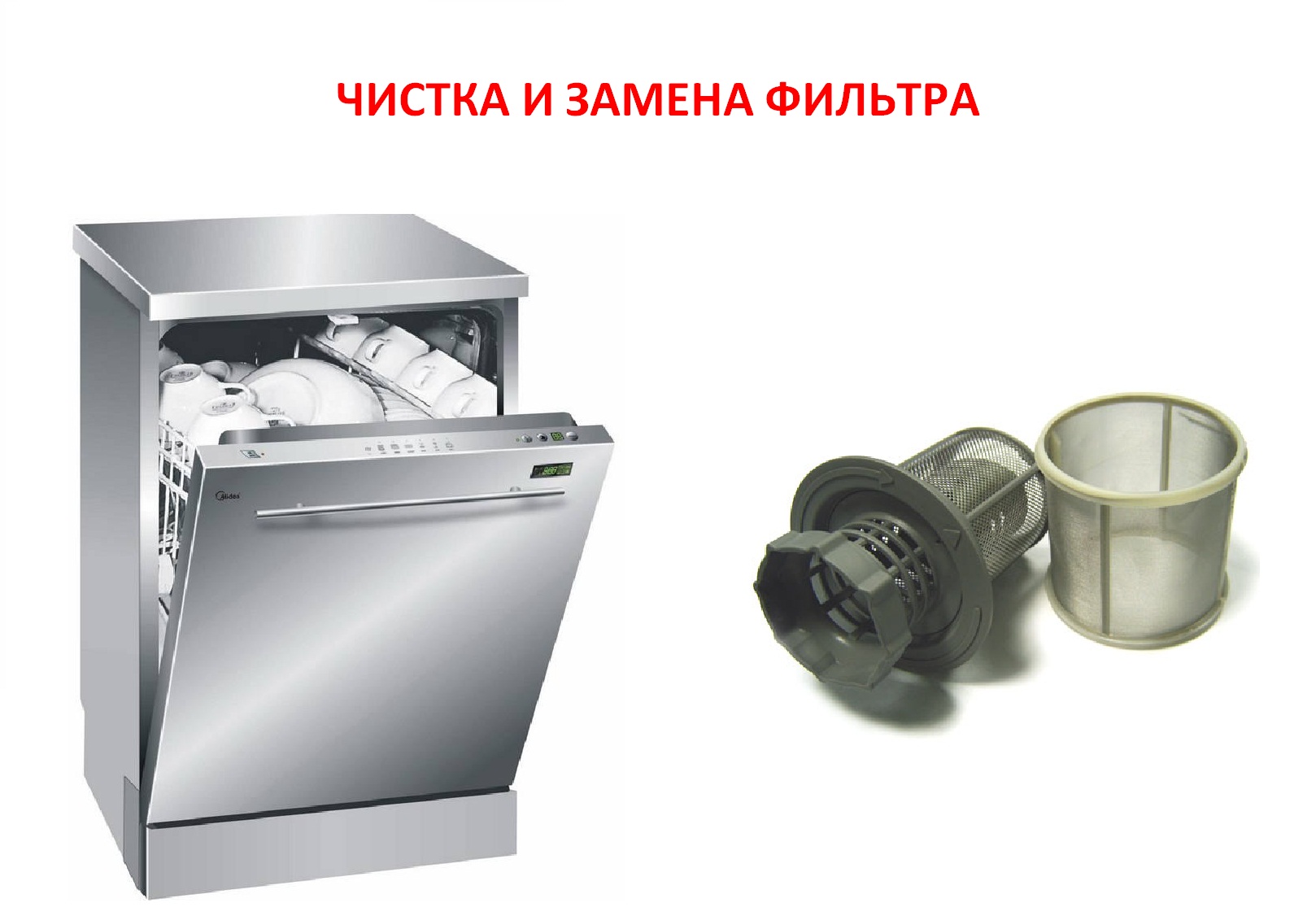

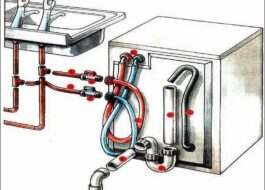


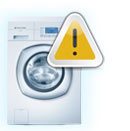
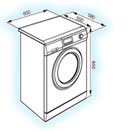


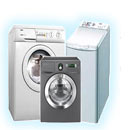
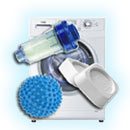


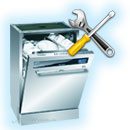
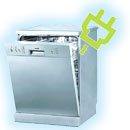

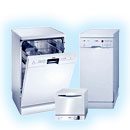
Add a comment